What Happens If You Don’t Clean Your Makeup Brushes for Over a Month, According to Experts
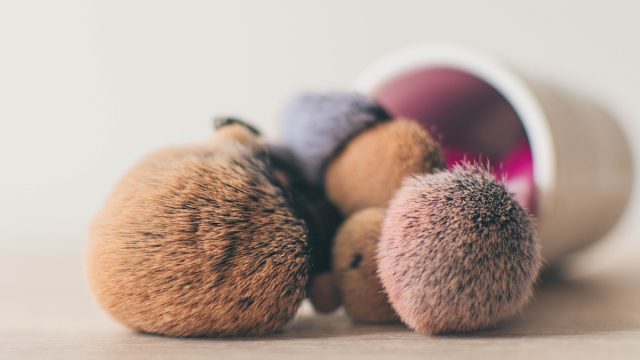
There are some chores we do each week like clockwork: laundry, vacuuming, wiping down surfaces, and disinfecting the bathroom. But others don’t come as naturally—and washing makeup brushes often falls into that category. According to the American Academy of Dermatology (AAD), we should clean them every seven to 10 days with soap and water. Ask the average makeup wearer how often they wash theirs, though, and you’ll likely hear a much different estimate. If you find yourself in that camp, you’ll want to continue reading. Here, makeup artists and dermatologists tell us the icky things that happen if you don’t clean your makeup brushes for over a month.
READ THIS NEXT: What Happens If You Don’t Wash Your Hair for a Week, According to Doctors.
1
The brushes could develop pore-clogging bacteria.
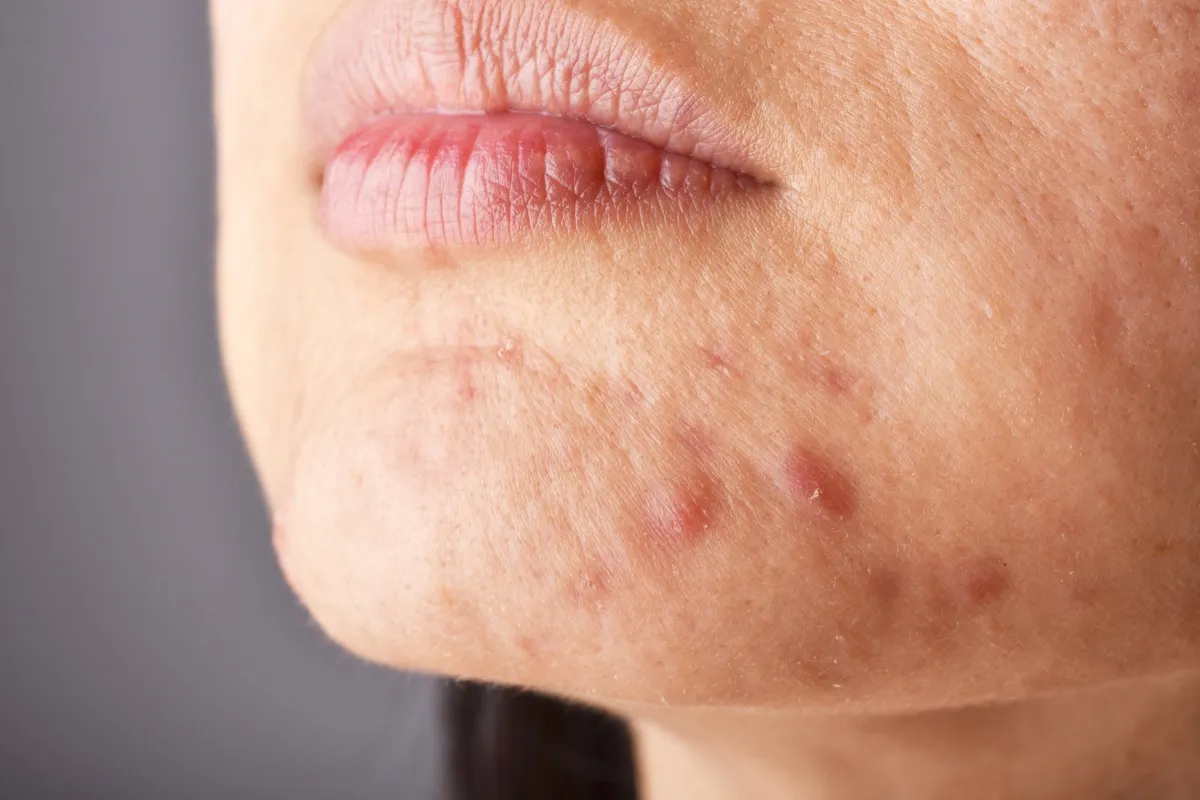
One of the most obvious things that will happen to your makeup brushes if you don’t wash them for an extended period is that they’ll get pretty gross.
According to Anna Chacon, MD, a board-certified dermatologist based in Miami and a writer for MyPsoriasisTeam, you’ll transport bacteria, dirt, and oil from your skin to your makeup and makeup brush and back to your face. Over time, that grime adds up and will likely lead to clogged pores. Those can trigger acne breakouts and sensitivity, and no one wants to deal with that.
2
Your makeup will look muddy.
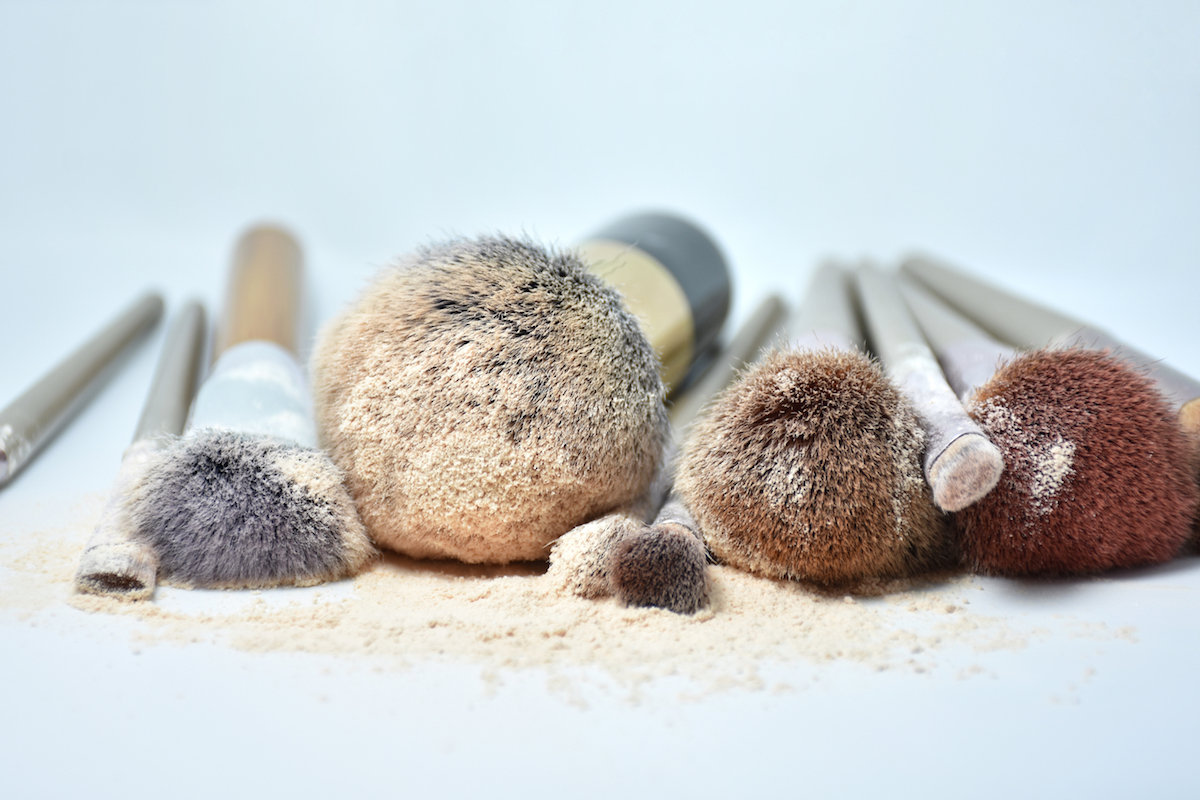
Your tools might start to look different, too, and that could impact your overall makeup application.
“If your brushes haven’t been washed for some time, then it’s likely that there are makeup pigment particles trapped between the bristles, which will make your brush hairs clump together,” says Alyssia Chang, professional makeup artist and founder of the makeup education service Prevail. “This can affect the way the makeup brush performs on your skin which might result in an unwanted texture build-up of dirty or muddy color on the skin.”
It could also prevent you from creating more precise looks. “For example, if you use the same eyeshadow brush to apply a few different colors, you’ll continually have the residue from previous colors in the bristles,” says professional makeup artist Mandie Brice. In other words, the color you see in your makeup palette won’t be the color you see on your skin.
READ THIS NEXT: What Happens If You Don’t Shower for a Month, According to Doctors.
3
The brushes could deteriorate.
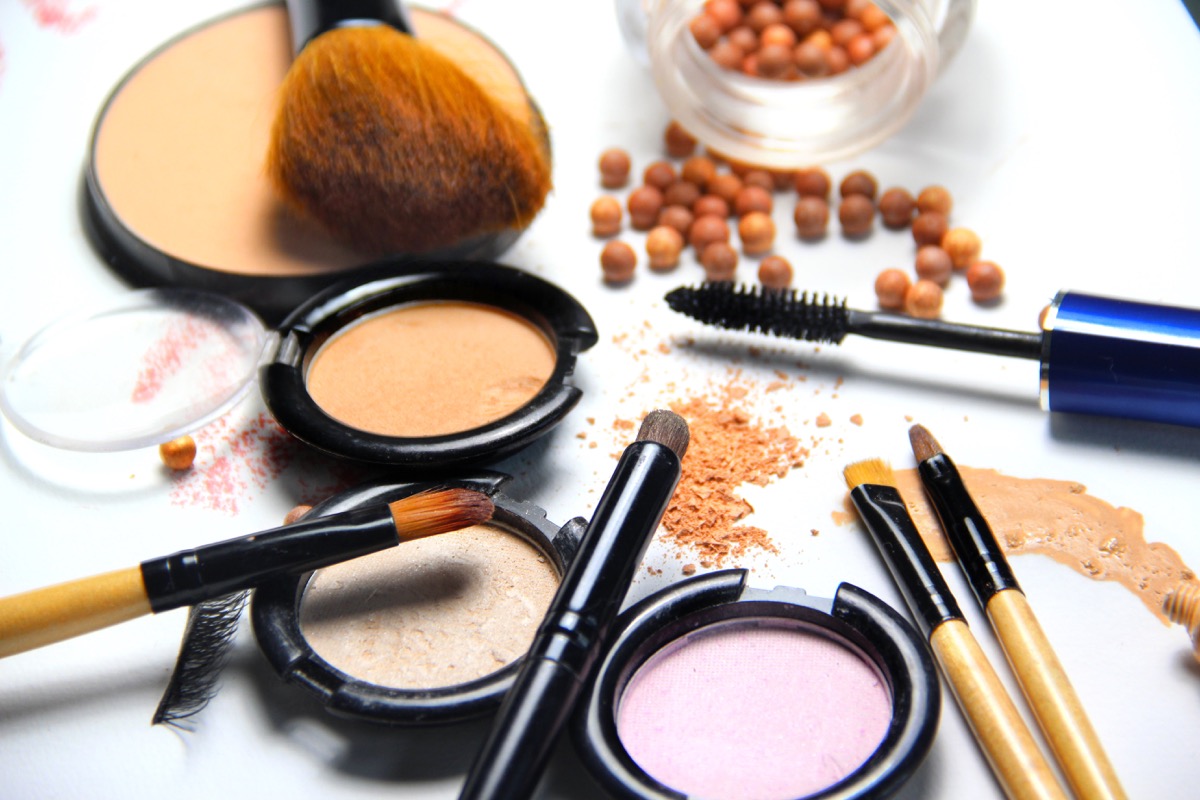
Not cleaning your brushes regularly also means you’ll have to buy them more frequently. “If you are using liquid or cream products and not cleaning them, they can definitely get stained or crusty and won’t work as well or last as long,” says Brice. “Bristles can also end up breaking off if they’re too built up with product.”
If makeup gets into the ferrule, which is the band that holds the bristles in place, those bristles could fall out more easily.
4
The brushes could begin to smell.
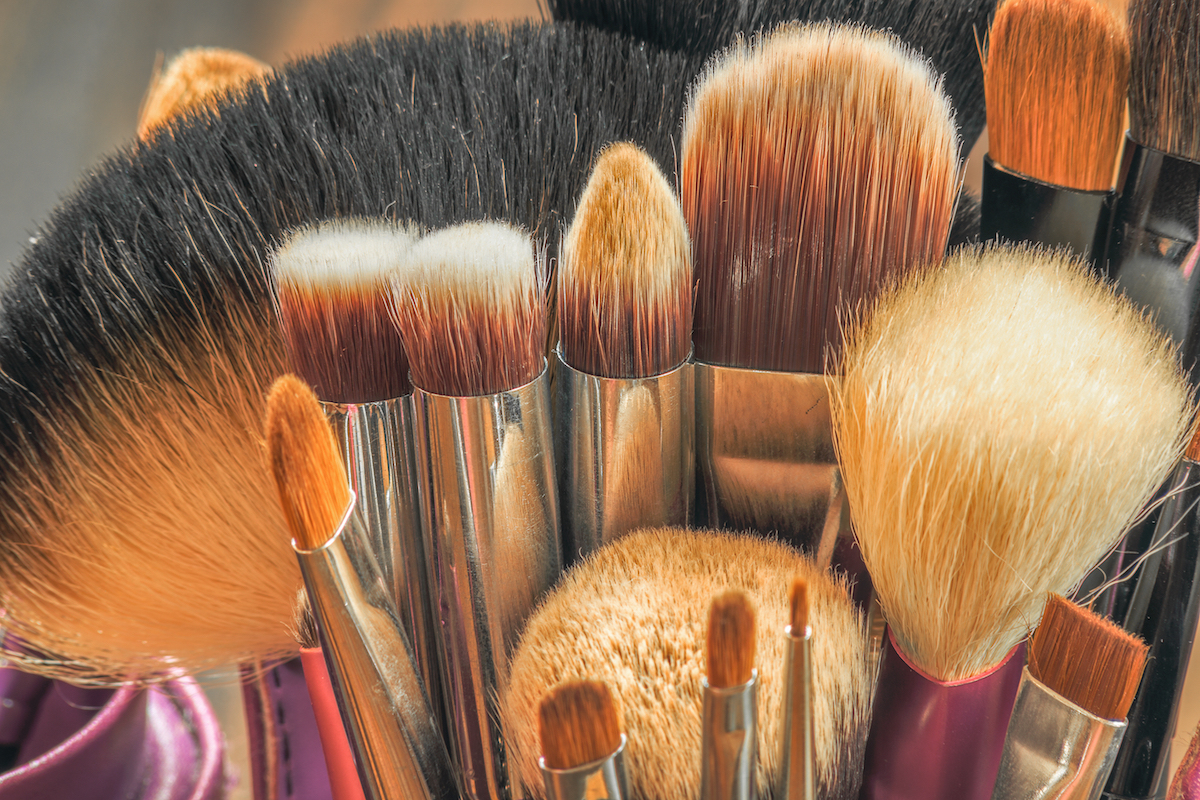
One of the ickier things that could happen if you don’t wash your brushes is that they’ll begin to smell. “Whether it is from the handle or the actual bristles itself, there are skin oil transfers that happen when you either use the brush with your hands or make contact with the face’s skin,” says Chang. “Odorless brushes equals sanitary brushes.” Plus, they make the entire process of applying makeup more enjoyable.
For more health news sent directly to your inbox, sign up for our daily newsletter.
5
You open the door for infection, disease, and allergies.
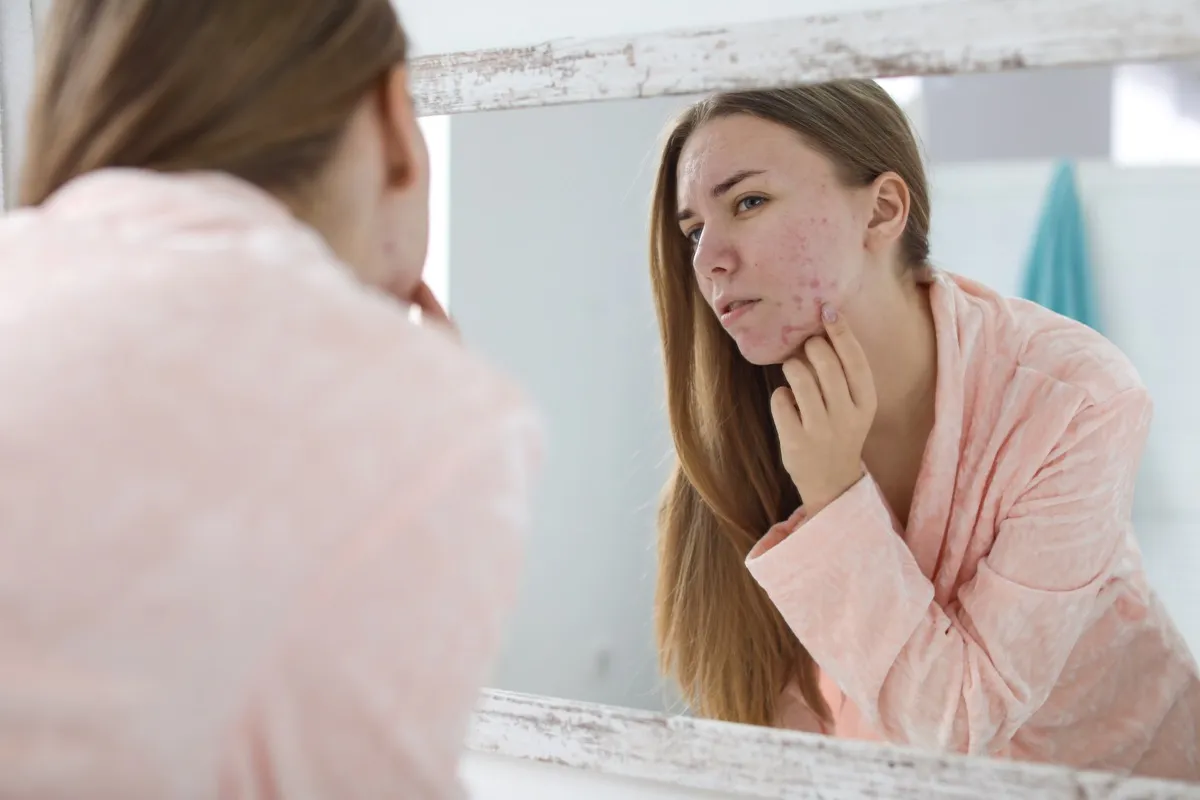
Sometimes, dirty brushes go beyond simply being gross and become a health and safety risk. “Not washing your makeup brushes increases the risk of spreading bacteria and viruses that could lead to serious illnesses such as conjunctivitis or herpes simplex virus infection,” says Chang. Staphylococcus, streptococcus, and E. coli are also possible risks, adds Chacon.
Beyond that, a dirty brush might lead to more run-of-the-mill allergies. “Some people are allergic to certain ingredients in makeup, and not cleaning makeup brushes regularly can cause a reaction to occur when the brush is used,” says Chang. A reaction could lead to sensitivity, discomfort, and inflammation.
Fortunately, avoiding all of this is easy. Each week, rinse your brushes in lukewarm running water and swirl them in a bowl of water and gentle shampoo. Rinse them again, and you’re good to go.